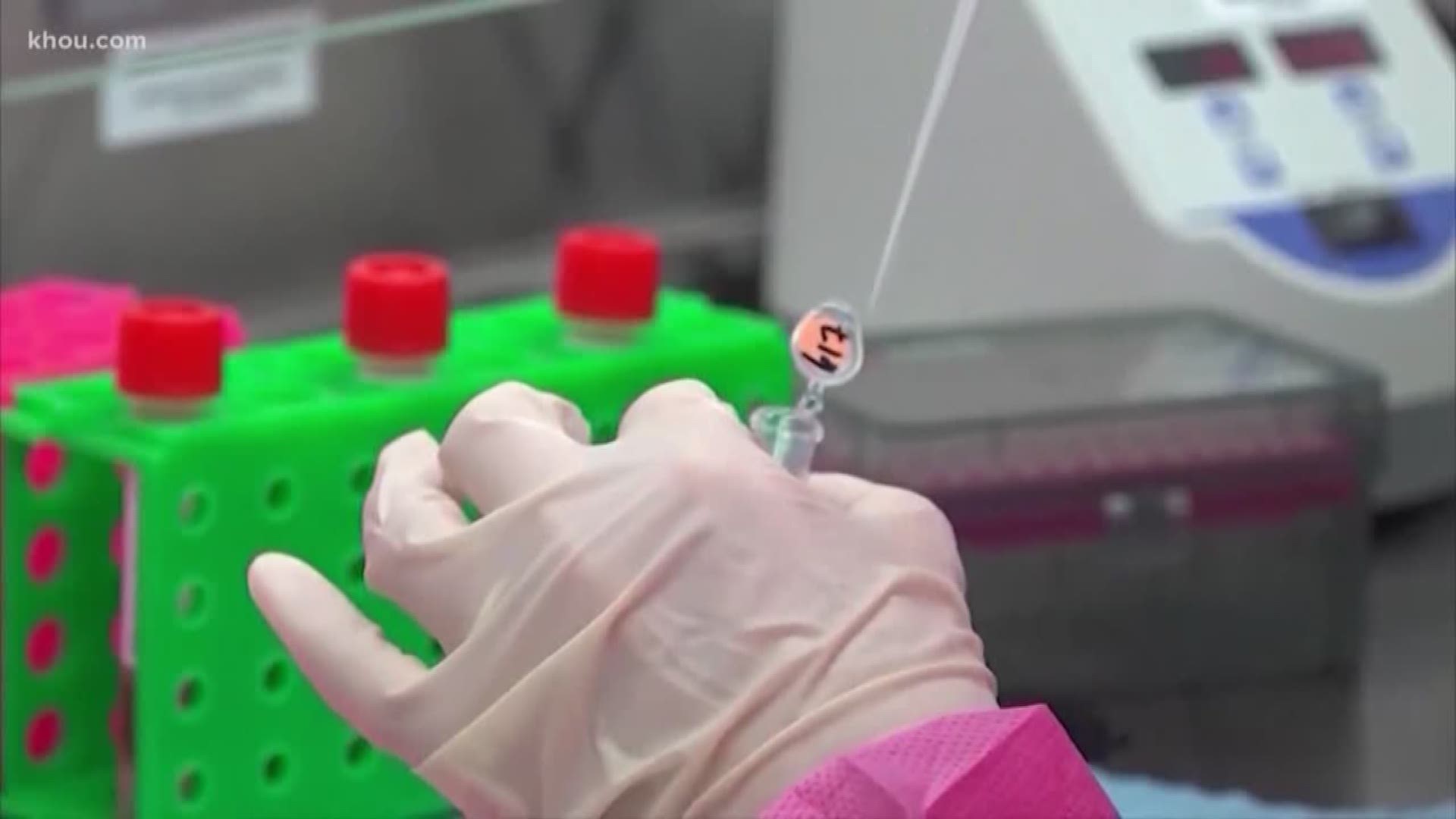HOUSTON — An update on the positive side for Memorial Hermann.
The hospital released a statement Thursday night that all healthcare workers potentially exposed to COVID-19 tested negative.
The hospital is testing those workers again before they return to work.
“As precautionary measure and consistent with the recommendations from the public health department, we are testing the healthcare workers again before their return to work,” the hospital said in its statement.
Last week, Memorial Hermann asked 11 of their employees to self-quarantine out of abundance of caution for two weeks after “a small number of” patients with whom they came in contact tested positive for coronavirus.
Hospital officials said the 11 healthcare workers were in direct contact with one of the confirmed patients.
Memorial Hermann said only one of the employees was exhibiting minor symptoms, but all 11 employees were tested for COVID-19.
The healthcare workers followed all CDC recommended screening protocols, according to the hospital. They said during an initial visit to one of Memorial Hermann’s facilities, one of the confirmed cases did not present any symptoms, relevant travel or potential exposure that would have immediately prompted CDC testing protocols.
According to Memorial Hermann, three days later, and once it was known passengers on the Egypt cruise had been exposed to COVID-19, one of the patients returned to a Memorial Hermann facility and was tested.
Memorial Hermann said the potential exposure to its healthcare workers was related to the first visit only.
MORE ON CORONAVIRUS
Get complete coverage of the coronavirus by texting 'FACTS' to 713-526-1111.
Coronavirus symptoms
The symptoms of coronavirus can be similar to the flu or a bad cold. Symptoms include a fever, cough and shortness of breath, according to the Centers for Disease Control.
Most healthy people will have mild symptoms. A study of more than 72,000 patients by the Centers for Disease Control in China showed 80 percent of the cases there were mild.
But infections can cause pneumonia, severe acute respiratory syndrome, kidney failure and even death, according to the World Health Organization. Older people with underlying health conditions are most at risk.
The CDC believes symptoms may appear anywhere from two to 14 days after being exposed.
Human coronaviruses are usually spread through
- The air by coughing or sneezing
- Close personal contact, such as touching or shaking hands
- Touching an object or surface with the virus on it, then touching your mouth, nose or eyes before washing your hands.
Help stop the spread of coronavirus
- Stay home when you are sick.
- Eat and sleep separately from your family members
- Use different utensils and dishes
- Cover your cough or sneeze with your arm, not your hand.
- If you use a tissue, throw it in the trash.
Lower your risk
- Wash your hands often with soap and water for at least 20 seconds. If soap and water are not available, use an alcohol-based hand sanitizer.
- Avoid touching your eyes, nose, and mouth with unwashed hands.
- Avoid close contact with people who are sick.
- Clean and disinfect frequently touched objects and surfaces.
- If you are 60 or over and have an underlying health condition such as cardiovascular disease, diabetes or respiratory illnesses like asthma or COPD, the World Health Organization advises you to try to avoid crowds or places where you might interact with people who are sick.

